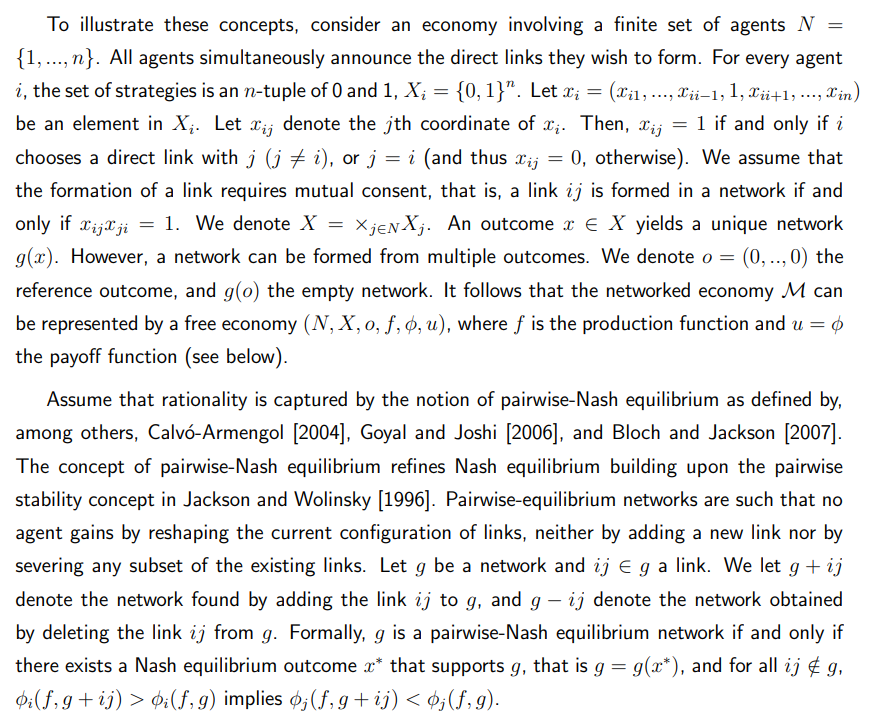ChatGPT now talks with Spotify, Figma, and other services via Apps SDK
OpenAI has announced the release of Apps SDK, a new product that lets users chat with a select number of services like Spotify and Figma.
Users can log in to these apps directly inside ChatGPT through a secure connection flow. The SDK will also help developers build new apps inside ChatGPT faster and gain access to millions of users.
Sam Altman, the founder of OpenAI, announced the release of Apps SDK during the company’s annual DevDay in San Francisco, California. He said that apps that talk with ChatGPT “will enable a new generation of apps that are interactive, adaptive, and personalized, that you can chat with.”
ChatGPT connects users to Spotify, Figma, and more
During OpenAI’s DevDay, Sam Altam showcased how users can interact with Figma. For example, a user can sketch a product workflow manually, then send it to ChatGPT and prompt it with “Figma, turn this sketch into a workable diagram.” Figma will take over the conversation and complete the task.
Altman also mentioned that apps will be discoverable in conversations. Basically, when a user asks for something, ChatGPT will recommend an app that fulfills the user’s request. The founder then showcased an example of a prompt saying, “Make me a playlist for my party based on my favorite songs.” In this case, ChatGPT created a playlist and recommended building it on Spotify.
Alexi Christakis, a software engineer at OpenAI, demoed how users could interact with Coursera and Canva. He asked, “Coursera, can you teach me something about machine learning?” ChatGPT then requested permission to connect to Coursera, launched it inline, and displayed a video teaching machine learning. Christakis explained that ChatGPT’s app integrations behave like web apps — they render inline or in full screen, much as they would in a browser.
ChatGPT makes popular apps like Figma and Spotify respond to natural language and adapt to users’ needs while helping them learn and complete more tasks. Starting today, ChatGPT users can chat with several services, including Booking.com, Canva, Coursera, Expedia, Zillow, Figma, and Spotify. In a blog post, OpenAI said another batch of apps will integrate soon with ChatGPT, including Uber, TripAdvisor, DoorDash, KhanAcademy, InstaCart, and more.
Apps SDK is available for users on the Free, Go, Plus, and Pro plans worldwide. However, European Union users remain restricted at the moment.
Apps SDK lets devs build and scale fast
The Apps SDK will let developers build new applications inside ChatGPT. Devs will have access to the full-stack, including frontend UI and backend logic. Moreover, they can easily connect data points, trigger actions, and retain full control since Apps SDK is built on the Model Context Protocol (MCP).
Cryptopolitan reported that ChatGPT has reached 800 million weekly active users. Developers who build apps inside ChatGPT will have access to this massive user base.
OpenAI says the Apps SDK is open source, allowing apps built with it to work on any platform that supports the MCP standard.
“We’ve published the standard so anyone can integrate the Apps SDK. When you build with the Apps SDK, your apps can reach hundreds of millions of ChatGPT users,” said Sam Altman at OpenAI’s third annual DevDay.
The Apps SDK preview is available today for developers, with full documentation. “We hope this will be a big deal for helping developers rapidly scale products,” said Sam Altman.
Don’t just read crypto news. Understand it. Subscribe to our newsletter. It's free.
You May Also Like

Quantica Tech Builds Quantum-Resistant Crypto ‘BTCQ’

The Economics of Self-Isolation: A Game-Theoretic Analysis of Contagion in a Free Economy
